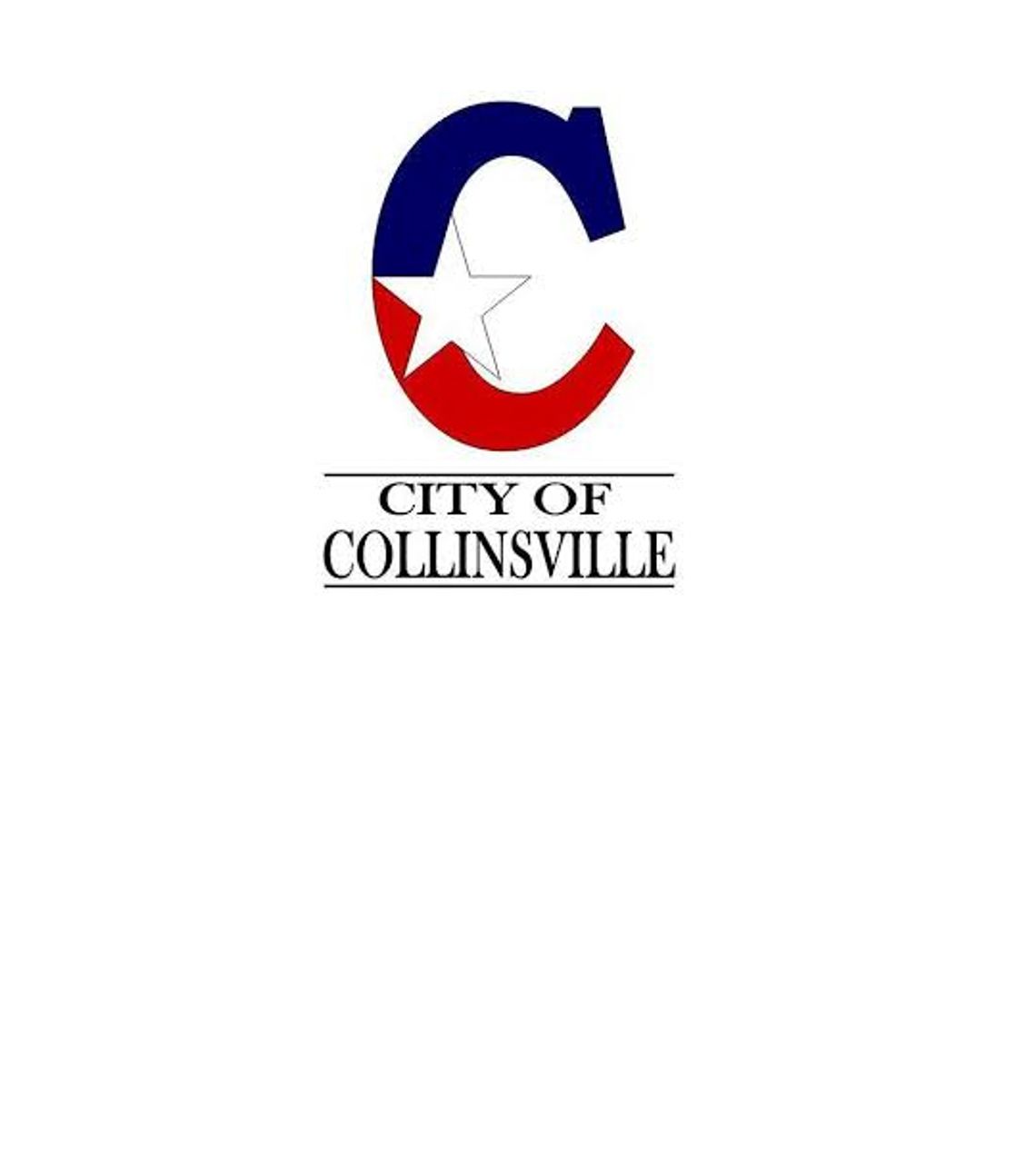Collinsville property tax rate discussions continued Monday night with the council ultimately deciding on a no-new-revenue rate, keeping the tax rate at $0.591085.
The City held its first property tax rate public hearing on Aug. 25, where the council proposed a property tax rate of $0.857743 per $100 valuation. After two hours of listening to the concerns of citizens, the council ultimately adopted a proposed property tax rate of $0.7100 per $100 valuation.
Still dissatisfied, citizens signed a petition for a tax rate election, which citizens can do if they feel the proposed rate is too high. The following week, on Sept. 3, the City Council held a special called meeting to discuss a proposed reduced tax rate of $0.626353 per $100 valuation. Once agreed upon, the council set the date for a second hearing (to be held at its regular monthly meeting) to discuss the new, lower proposed rate.
While the Community Center wasn’t nearly as packed as it was for the first hearing, several citizens still wanted their voices to be heard. Resident Gary Pafford wanted to know why the petition had been overlooked and told the council the tax rate can’t be retracted to avoid a petition (and thus, a tax rate election). As this was brought up during Citizens to Be Heard, no council response was given.
Next, State Representative Shelley Luther approached the podium to make Council and citizens aware of a new Senate Bill (SB1851) that was passed on Sept. 1. According to Local Government Code Title 4, Subtitle A, Chapter 103, Section 103.003, since 2007 the state law has been that “the annual financial statement, including the auditor’s opinion of the statement, shall be filed in the office of the municipal secretary or clerk within 180 days after the last day of the municipality’s fiscal year.”
Luther explained that SB1851 serves as an amendment to the law, which penalizes cities in non-compliance by prohibiting them from raising property tax rates. Instead, they are required to adopt a no-new-revenue tax rate.
A city’s fiscal year ends Sept. 29, so according to the law, audits must be completed/filed by the end of March. The City of Collinsville’s most recent audit (which covers Fiscal Year 2023-2024) was completed in mid-March, followed by the auditor’s fieldwork in April. The independent audit firm presented the final report to the City Council on June 16, 2025.
Because this completion date does not fall within the required six-month window, Luther said the City of Collinsville is not in compliance with the law.
While the city attorney understands SB1851 to mean that the penalty would not be retroactive, Luther has brought the matter to the attention of Attorney General (AG) Ken Paxton and is awaiting his response.
“I want to make sure that everything is done lawfully with a lot of transparency,” Luther said. “I would encourage the City Council to table the tax rate until we hear from the AG, because if you do end up doing this and breaking the law…I don’t know what the consequences would be.”
Several citizens spoke during the public hearing. Michael Conway challenged the Council to be “better stewards of the public’s money,” calling for the Council to reassess the budget. Others, like Nell Nichols, are on a fixed income and are worried that older residents won’t be able to afford their homes. Lisa Cherry, a hair stylist trying to afford her property, feels the Council is “out of touch with what everyone’s going through” financially. Carolyn Michael, who has lived in Collinsville more than 35 years, feels the Council has not only been reckless with the budget, but if the fault truly lies with past council members, then the current council is reckless for letting them off the hook.
Mayor Chase Guidera reminded attendees that the financial situation the city is currently in is not a result of any one specific individual or circumstance.
“It was levels of ignorance throughout the years, and until we actually got someone who actually knows government finance (Finance Director Karla Young), we didn’t know until it was brought to our attention. So here we are,” Guidera said.
The mayor then asked for the council to discuss the rate and make a decision. After three aldermen voiced interest in adopting a $0.591085 rate (no-new-revenue), he called for a vote. The motion passed 3-1 (Alderman Jessica Orsburn was against and Alderman Austin Lewter was absent).
The council has scheduled a special called meeting for Monday, Sept. 22. The agenda, which will be posted on the city’s website for public viewing, was not available as of press time.

